The Taskforce is a core partner of the Tri Hita Karana Forum on Sustainable Development (THK Forum) which is endorsed by Indonesia’s President Joko Widodo and has launched over 30 projects, investments and initiatives for the UN Sustainable Development Goals. The THK Forum’s flagship event in October 2018 in Bali helped “mobilise up to US$10 billion of investment for projects related to SDGs” said Indonesia’s Coordinating Minister for Maritime Affairs Luhut Pandjaitan, the THK Forum’s official champion.
He added that THK Forum will mobilise billions of dollars of private capital for priority sectors in Indonesia, including green infrastructure, sustainable land use, oceans, ecotourism, health, women and innovation
Coordinating Minister Luhut Panjaitan will open the THK Forum alongside other key partners, including Unilever’s CEO, Paul Polman and CEO of the World Bank, Kristalina Georgieva.
The THK Forum is the first platform of its kind, and the largest conference dedicated to blended finance and innovation in the world. As the fourth most populous country in the world, and one of the fastest growing emerging markets, Indonesia’s leadership on sustainable development is critical.
At the start of 2018, Indonesia issued the world’s first sovereign green sukuk bond ($1.25 bn). It is also home to the world’s first sustainable land use bond ($95m), and has implemented a Roadmap for Sustainable Finance In Indonesia.
Continuing the trend, the THK Forum champions the “SDG Indonesia One” Blended Platform led by the Ministry of Finance and Indonesia’s national infrastructure financing institution, PT SMI (Sarana Multifinance Infrastruktur).
SDG Indonesia One is targeting US$ 4 billion for large-scale green infrastructure projects. Funds collected through the platform have already reached almost US$ 2.5 billion. First investments have been made to help reconstruct healthcare, housing, water infrastructure affected by last year’s natural disasters.
This is alongside Indonesia’s national infrastructure programme which aims to deliver US$ 400 billion worth of new public-works projects in the transportation, energy, water and waste sectors over the next five years.

